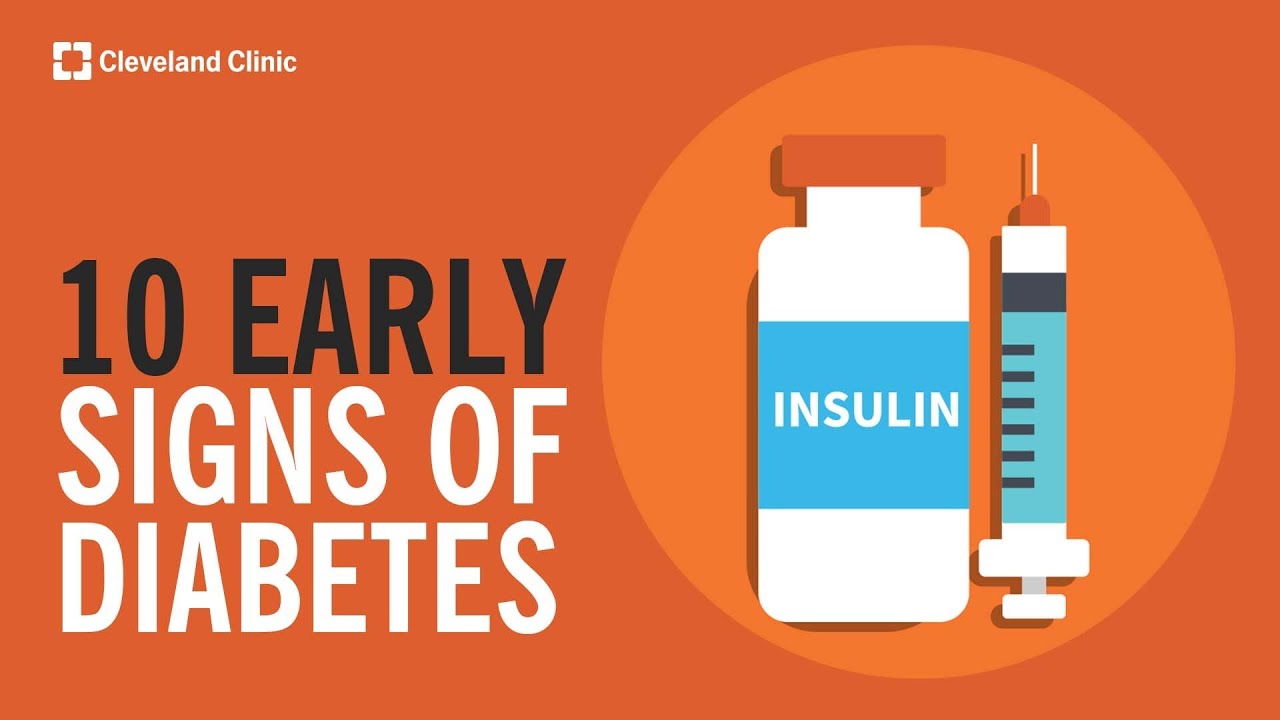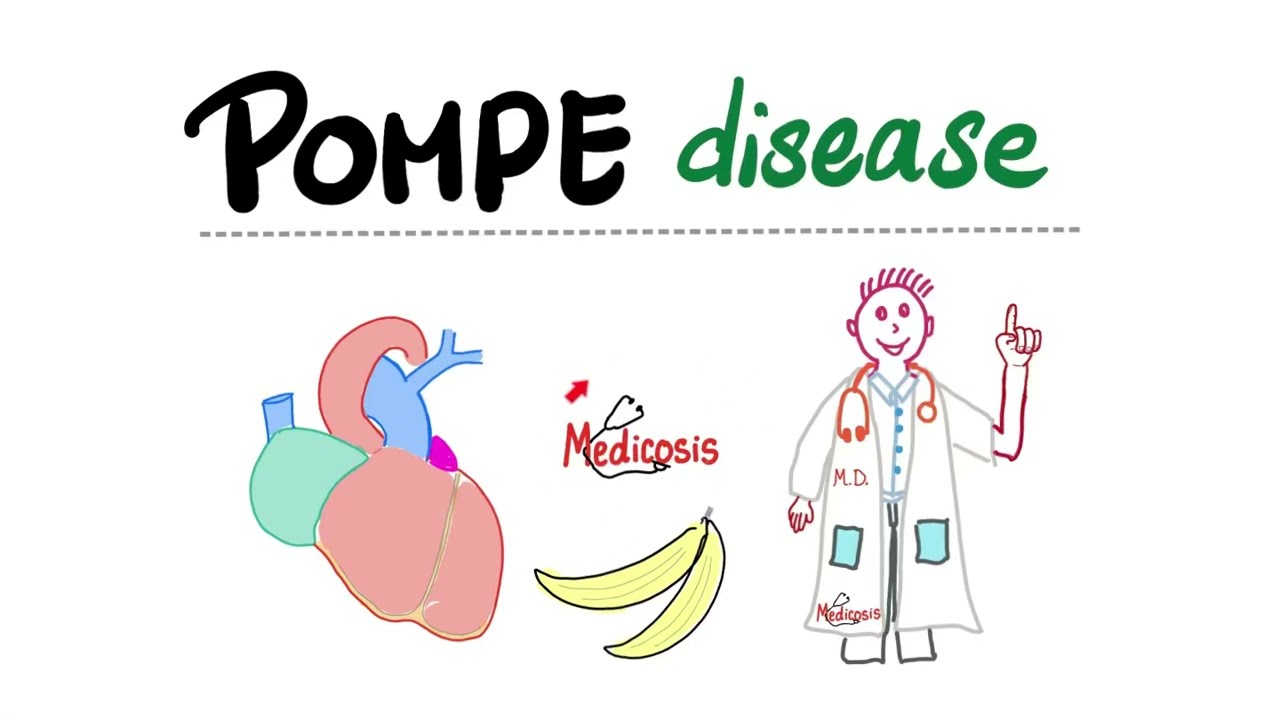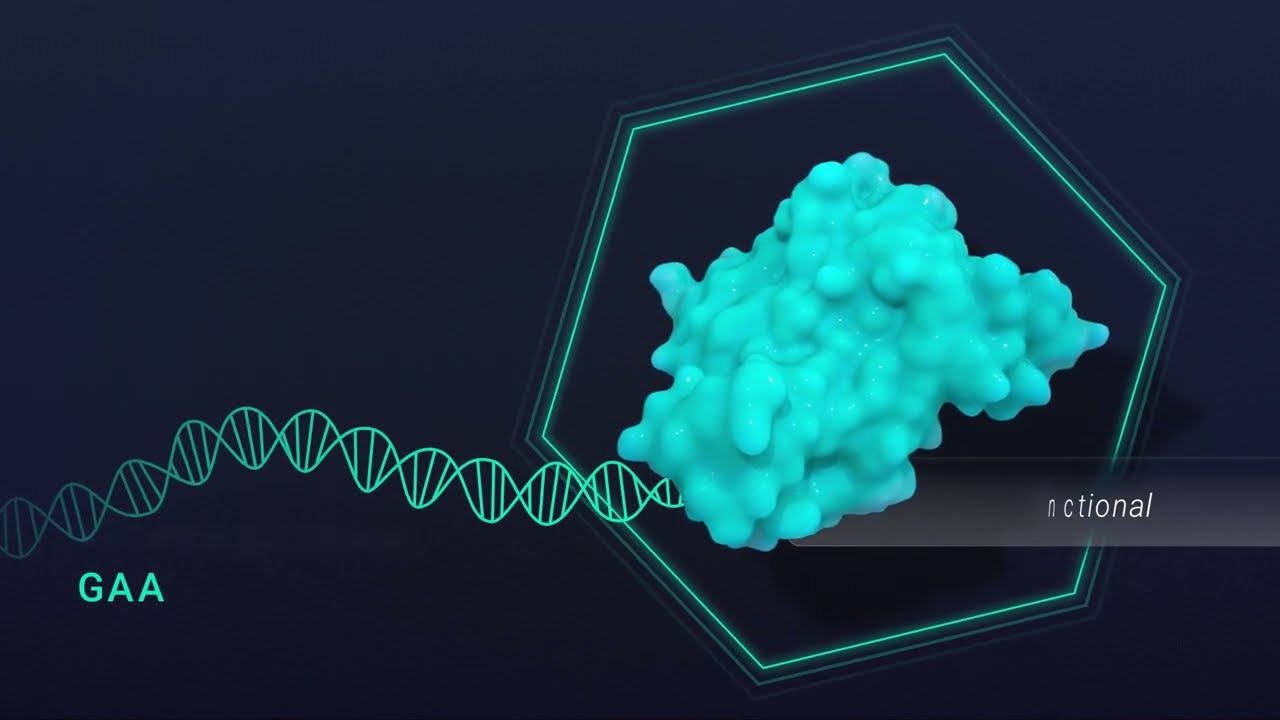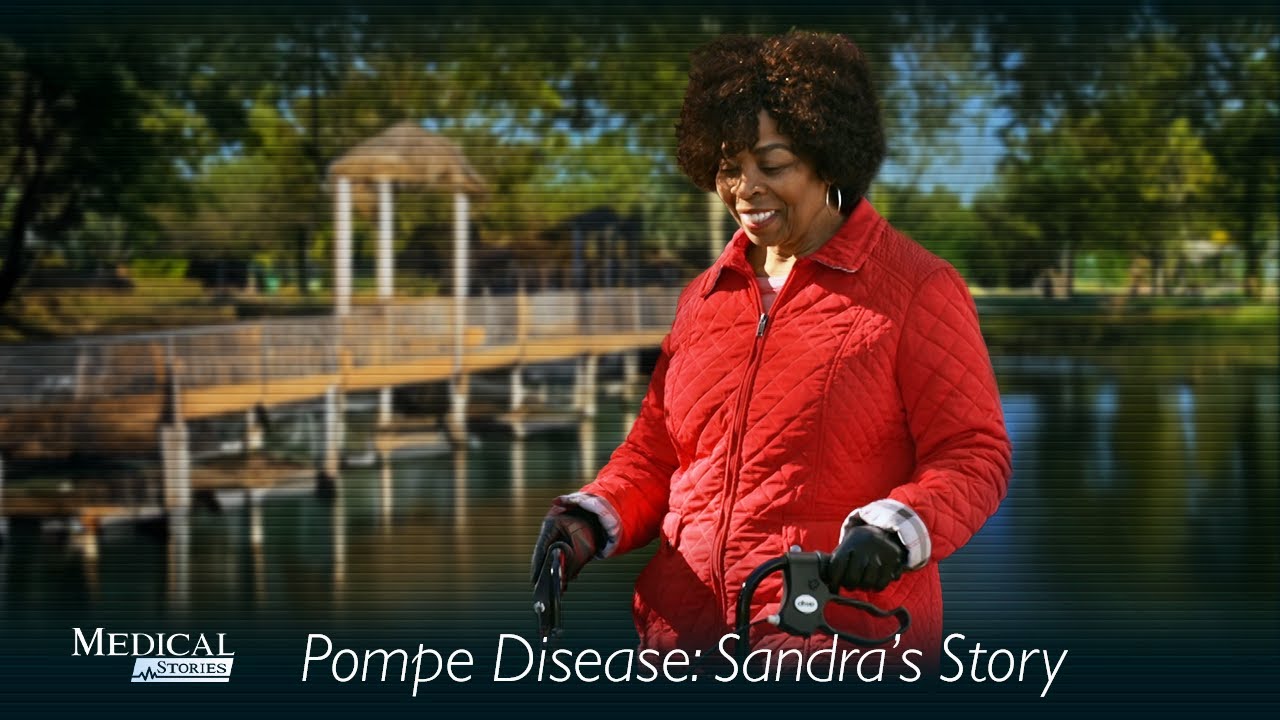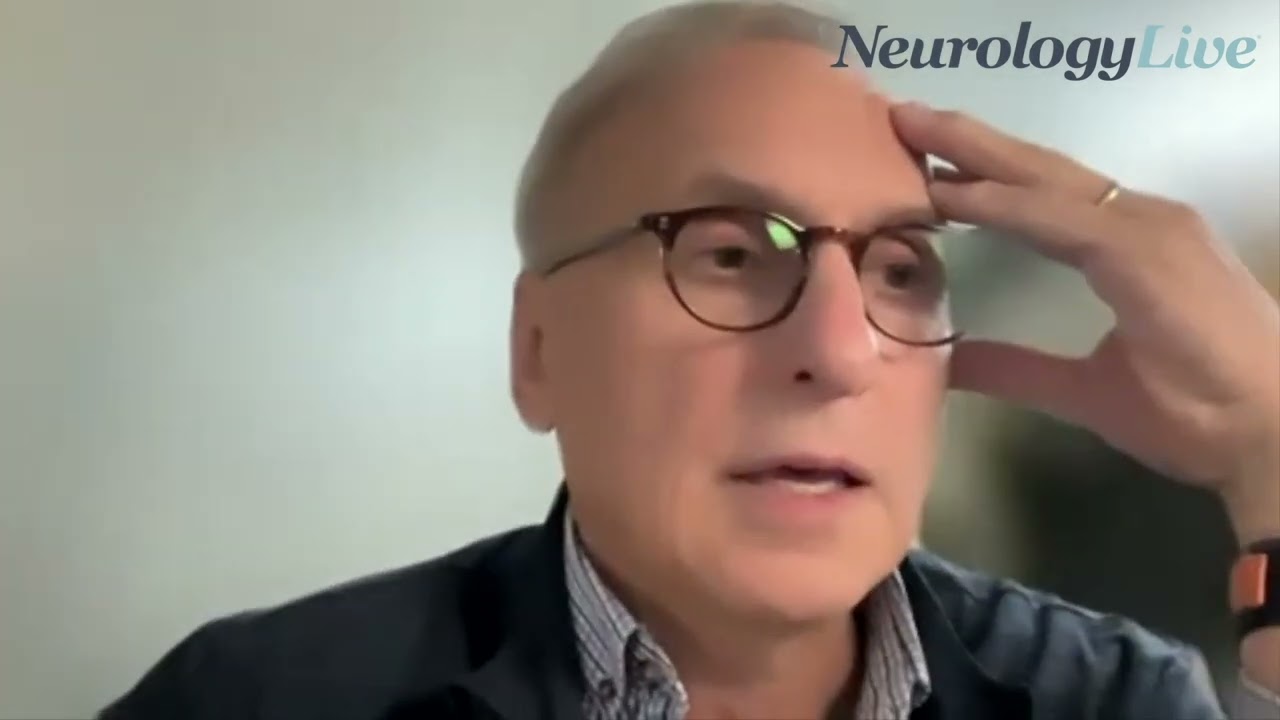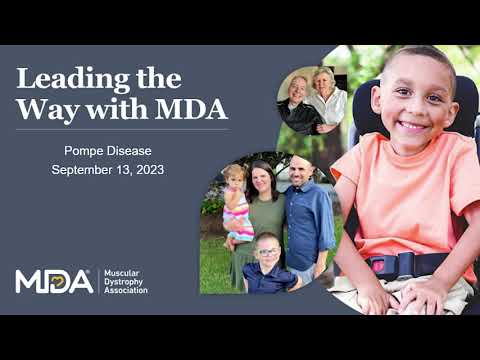The Diabetes Channel
March 5, 2009 • Diabetes, Pathology & Lab Medicine, Reuters Health • The Doctor's Channel Newscast, Surgery
NEW YORK (Reuters Health) – Mesenchymal stem cell allografts can promote bone healing in patients who have failed foot and ankle surgery and are at high risk for nonunion, new research suggests.
This is the “first review of implantation of Trinity Multipotential Cellular Bone Matrix as a viable bone matrix product containing adult stem cells in humans,” lead researcher Dr. Shannon M. Rush told Reuters Health. This allograft treatment “can be used in place of autograft in essentially every surgical indication where autograft would normally be selected as a bone void fill or bone growth stimulator.”
Dr. Rush of the Palo Alto Medical Foundation in Mountain View, California presented his team’s findings this week at the 67th Annual Scientific Conference of the American College of Foot and Ankle Surgeons in Washington, DC. The study is also published in the March issue of the Journal of Foot and Ankle Surgery.
The study featured 23 patients with failed foot and ankle surgeries who were treated with the stem cell allografts, which were derived from cadaveric donor tissue. Medical comorbidities associated with nonunion, such as diabetes and renal disease, were common among the study group.
Bone union and healing was achieved in 21 patients (91.3%), the researchers report. Healing was defined as being able to walk in regular shoes with little or no pain 6 or more months after cast removal.
“We observed new bone formation at the implant site as early as 4 weeks in some cases,” Dr. Rush pointed out, and there was “no graft rejection by the host.”
While the findings are encouraging, Dr. Rush said that they need to be confirmed with a randomized controlled trial. “It is our hope to conduct this in the near future.”
Reference;
J Foot Ankle Surg 2009:48;163-169.


